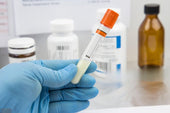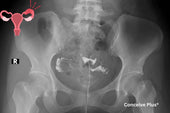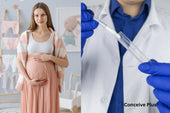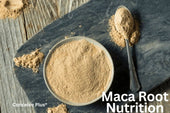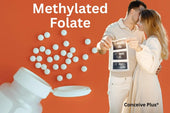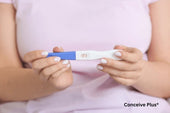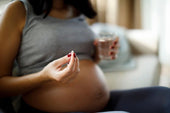Signs of Poor Egg Quality: Understanding the Indicators of Diminished Egg Quality
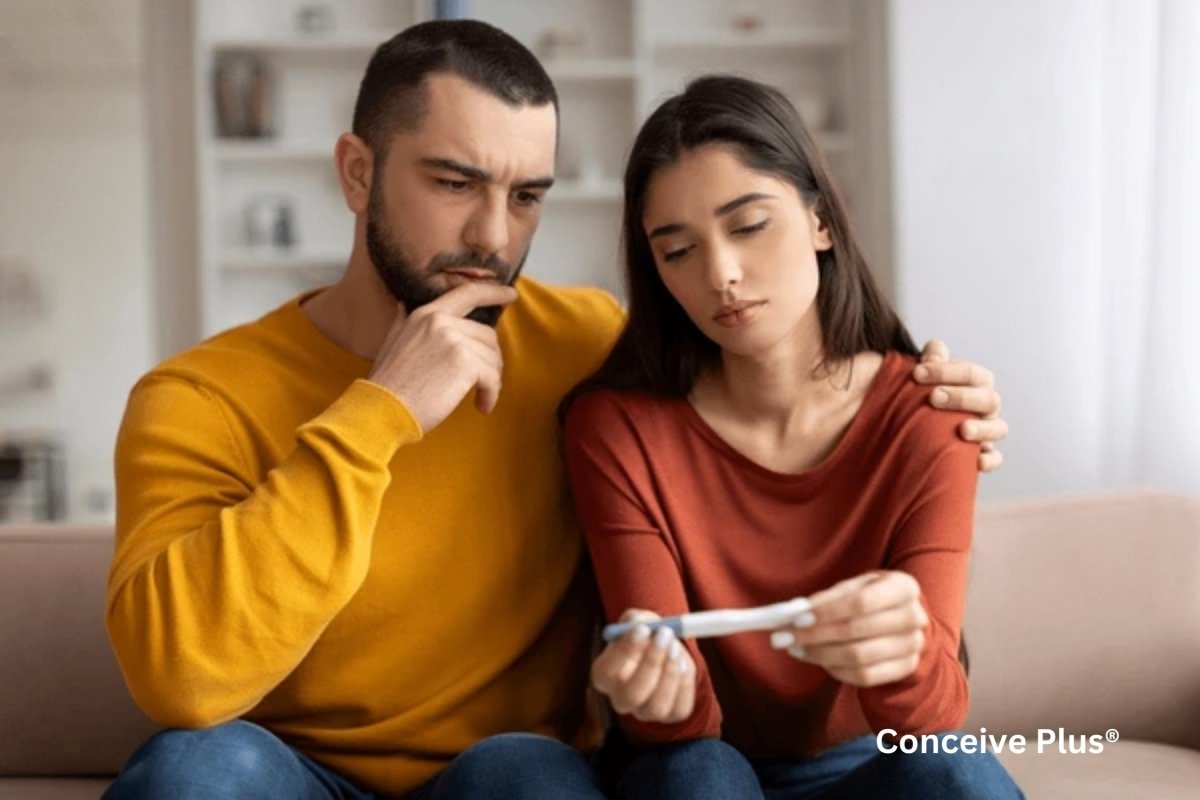
Egg quality is a fundamental factor in female fertility, playing a significant role in the likelihood of conception and the health of a potential pregnancy. When egg quality declines, it can pose challenges to fertility, even when other reproductive parameters appear normal. Recognizing the signs of poor egg quality is essential for individuals navigating fertility concerns and seeking effective interventions.
What Affects Egg Quality?
The quality of a woman's eggs is influenced by various factors, including age, genetics, lifestyle, and environmental exposures. As women age, particularly after 35, the number of viable eggs decreases, and the likelihood of chromosomal abnormalities increases. However, lifestyle factors such as smoking, stress, poor diet, and exposure to environmental toxins can also negatively impact egg quality [1].
Understanding the timing of ovulation is crucial for conception, and many women wonder, can a woman get pregnant before ovulation?, as it directly impacts fertility planning and egg quality.
Subtle Signs of Poor Egg Quality
Unlike other aspects of health, diminished egg quality does not always present with obvious symptoms. However, there are some indicators that may signal potential issues:
-
Irregular Menstrual Cycles
Menstrual irregularities can be an early sign of hormonal imbalances or declining ovarian reserve, both of which may be linked to poor-quality eggs. Shorter or longer cycles than the typical 28-day average may indicate potential concerns. -
Difficulty Conceiving
One of the most noticeable poor quality eggs symptoms is prolonged difficulty in achieving pregnancy despite regular, unprotected intercourse. Eggs with chromosomal abnormalities may not fertilize properly or fail to implant in the uterus. -
Recurrent Miscarriages
Chromosomal issues in eggs can lead to early pregnancy losses, often before the woman is even aware she is pregnant. Recurrent miscarriages are a key indication of possible egg quality problems. - Advanced Maternal Age
While age alone is not a definitive sign, women over 35 are more likely to experience diminished egg quality due to the natural aging process of the ovaries and their egg reserve [2]. -
Failed Fertility Treatments
Poor egg quality can lead to unsuccessful outcomes in assisted reproductive technologies like in vitro fertilization (IVF), as the embryos may fail to develop properly or implant.
Testing for Egg Quality
When poor egg quality is suspected, medical tests can provide more clarity. Common evaluations include:
- Anti-Müllerian Hormone (AMH) Levels: Low AMH levels may indicate a reduced ovarian reserve, which often correlates with egg quality.
- Antral Follicle Count (AFC): Ultrasound imaging can assess the number of follicles, providing insight into ovarian health.
- Day 3 Hormone Testing: Levels of follicle-stimulating hormone (FSH) and estradiol measured early in the menstrual cycle can signal egg quality issues.
Strategies to Improve Egg Quality
While age-related decline is irreversible, lifestyle changes and medical interventions can support egg health:
- Healthy Diet: Consuming a nutrient-rich diet high in antioxidants, omega-3 fatty acids, and whole foods can protect eggs from oxidative stress [3].
- Lifestyle Modifications: Avoiding smoking, reducing alcohol intake, and managing stress levels can improve overall reproductive health.
- Fertility Supplements: Coenzyme Q10 (CoQ10), DHEA, and folic acid are commonly recommended to enhance mitochondrial function in eggs. Moreover, a protein diet is also efficient in improving egg quality [4].
- Fertility Treatments: Advanced techniques like IVF with preimplantation genetic testing (PGT) may help identify and use healthier embryos.
Conclusion: Recognizing and Addressing Poor Egg Quality
Understanding the signs of poor egg quality, such as irregular cycles, difficulty conceiving, or recurrent pregnancy losses, can empower women to take proactive steps toward improving fertility. By addressing these concerns through lifestyle changes, medical evaluations, and targeted treatments, it is possible to enhance the chances of achieving a healthy pregnancy. For anyone facing challenges related to poor quality eggs symptoms, consulting a fertility specialist can offer valuable insights and solutions tailored to their unique needs.
References:
- Chang Y, Li J, Li X, Liu H, Liang X. Egg Quality and Pregnancy Outcome in Young Infertile Women with Diminished Ovarian Reserve. Med Sci Monit. 2018 Oct 12;24:7279-7284. doi:10.12659/MSM.910410. PMID: 30310048; PMCID: PMC6195787.
- Cimadomo D, Fabozzi G, Vaiarelli A, Ubaldi N, Ubaldi FM, Rienzi L. Impact of Maternal Age on Oocyte and Embryo Competence. Front Endocrinol (Lausanne). 2018 Jun 29;9:327. doi: 10.3389/fendo.2018.00327. PMID: 30008696; PMCID: PMC6033961.
- Nehra D, Le HD, Fallon EM, Carlson SJ, Woods D, White YA, Pan AH, Guo L, Rodig SJ, Tilly JL, Rueda BR, Puder M. Prolonging the female reproductive lifespan and improving egg quality with dietary omega-3 fatty acids. Aging Cell. 2012 Dec;11(6):1046-54. doi: 10.1111/acel.12006. Epub 2012 Oct 19. PMID: 22978268; PMCID: PMC5624332.
- Kowalska, E., Kucharska-Gaca, J., Kuźniacka, J. et al. Egg quality depending on the diet with different sources of protein and age of the hens. Sci Rep 11, 2638 (2021). https://doi.org/10.1038/s41598-021-82313-1












